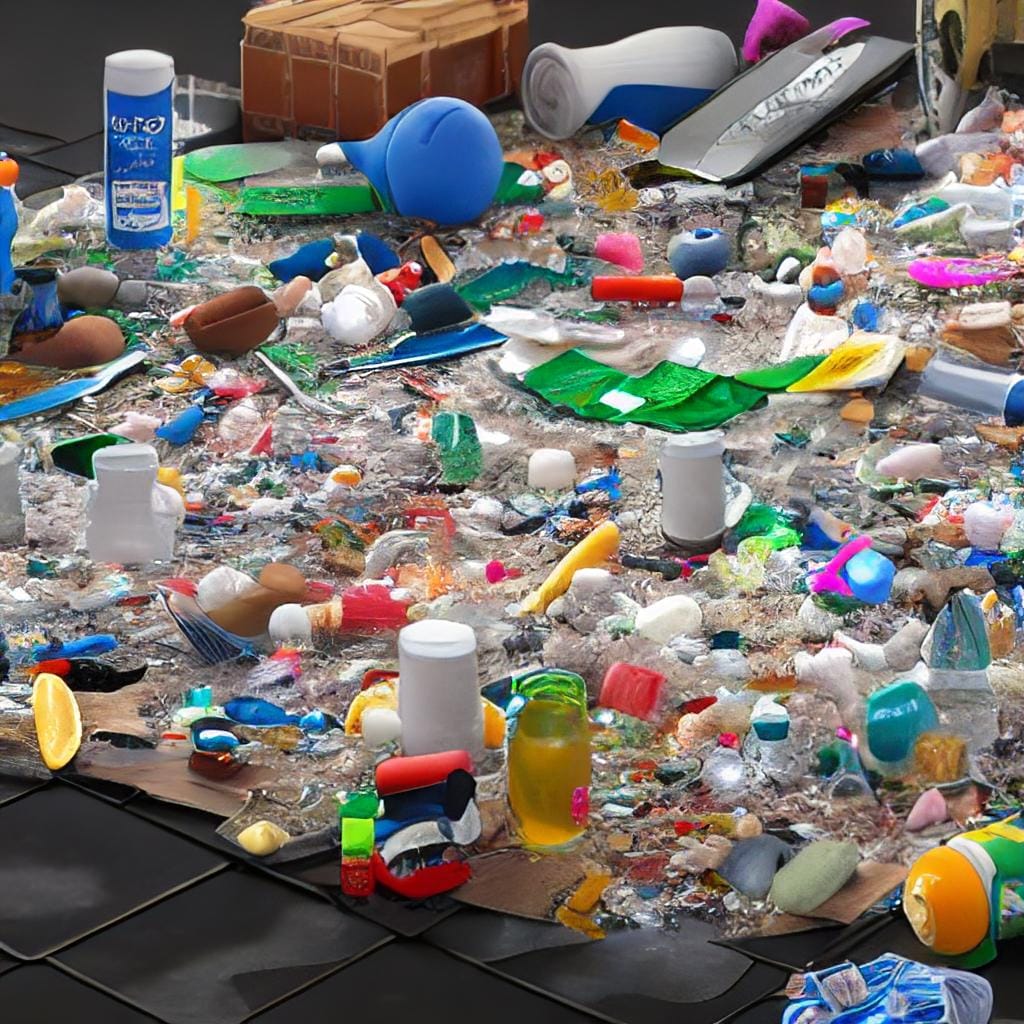It’s easy and cheap to produce, and with the rise in consumerism, the idea of fast and easy has embedded itself into our daily lives, making plastic even more desirable.
The concept of purchasing inexpensive goods for the sake of temporary use, as urged by impulse buying, also applies when looking at the increase in production, use, and waste of one-time plastics.
For example, the food industry pours billions into plastic packaging, as it has proven to be an indispensable material for utensils, appliances, food storage, and more. The medical industry has also increased their dependence on plastic for the sake of the sterility, convenience, and cost-effectiveness that it presents.
The durability and versatility of plastic has aided with medical waste and material packaging and transport, in addition to the manufacturing of medical devices.
The dependence of these industries on plastic has spurred its production, and in turn, this high production means enormous quantities of plastic are eventually wasted.
To what extent are individuals held responsible for this waste?
It’s become increasingly popular to consider the effect of individual choices on waste. Many efforts and trends have exploded in recent years, with the intent to raise awareness and curb this waste.
Although it is great that individuals are more conscious of their efforts, what does this mean for the responsibility that corporations hold?
Many corporations promote sustainability practices or campaigns that urge consumers to think carefully about the consequences of their actions. It can be argued that the only intent of these campaigns is to raise awareness of individual effects on climate change. However, an underlying intent can also be to shift the responsibility from themselves to the consumers.
With this shift in responsibility, it’s difficult to pinpoint just how effective individual behavioral changes can be. It’s also easy to lose sight of the power that these corporations have.
Many debate the extent of responsibility that individuals hold and how much of that can be attributed to corporations. Many argue that laws limiting damaging practices should be enacted to do their best to limit or stop their actions.
Perhaps it’s best to consider the responsibility of individuals along with the financial and institutional power that corporations hold to better approach this debate. This can be alluded to
as a puzzle, where each member and organization of society holds a specific function and responsibility.
